Search
Search Results

Definition
Abbasid Dynasty
The Abbasids were an Arabic dynasty that initially ruled over most of the Islamic empire (save some western parts) after assuming the caliphate in 750 CE, later on, their empire fragmented, however, they retained spiritual supremacy as caliphs...
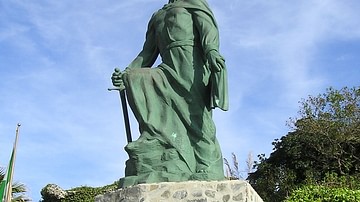
Definition
Abd al-Rahman I
Abd al-Rahman was the founder of the Emirate of Cordoba and ruled as Abd al-Rahman I from 756-788 CE. As one of the lone survivors of the Umayyad Dynasty after the Abbasids defeated the Umayyad Caliphate, Abd al-Rahman bridged the Umayyad...
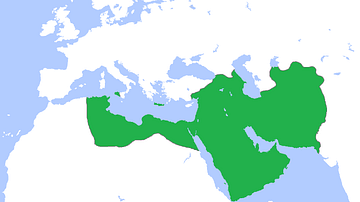
Image
Map of the Abbasid Empire
The extent of the Abbasid empire at its greatest extent has been shaded with green. The whole of the Arabian Peninsula, Persia, Iraq, Syria, parts of Asia Minor, Egypt, the North African coast excluding Morocco (Maghreb), Crete and the western...
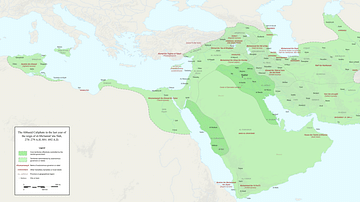
Image
Fragmentation of the Abbasid Empire (891-892 CE)
A map showing various territories that were carved up by local rulers in the late 9th Century CE, either under the suzerainty of the Abbasid Dynasty or in rebellion against the Abbasid Empire.

Definition
Islamic Caliphates
Caliphate (“Khilafat” in Arabic) was a semi-religious political system of governance in Islam, in which the territories of the Islamic empire in the Middle East and North Africa and the people within were ruled by a supreme leader called...
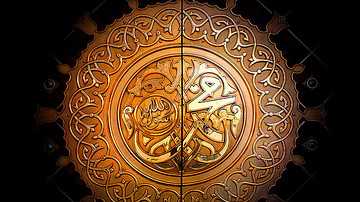
Definition
Islam
Islam is an Abrahamic-monotheistic religion based upon the teachings of Prophet Muhammad ibn Abdullah (l. 570-632 CE, after whose name Muslims traditionally add “peace be upon him” or, in writing, PBUH). Alongside Christianity and Judaism...
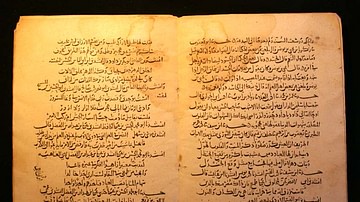
Image
Earliest Abbasid Era Manuscript
This 13th Century CE Arabic manuscript is the earliest manuscript from the Abbasid era (750-1258 CE). The Abbasids initiated a cascade of translation activities to preserve and further aggrandize western and eastern knowledge. Part of the...
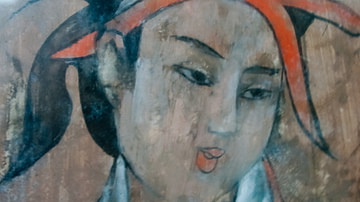
Article
Women in Ancient China
Women in ancient China did not enjoy the status, either social or political, afforded to men. Women were subordinate to first their fathers, then their husbands, and finally, in the case of being left a widow, their sons in a system known...
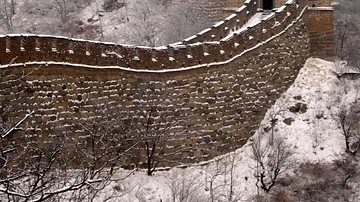
Definition
Ancient China
Ancient China produced what has become the oldest extant culture in the world. The name 'China' comes from the Sanskrit Cina (derived from the name of the Chinese Qin Dynasty, pronounced 'Chin') which was translated as 'Cin' by the Persians...
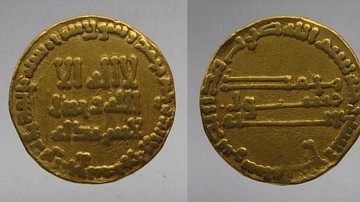
Image
Gold Dinar of Al-Mahdi
Dinar (gold coin) minted in 783 CE, during the reign of al-Mahdi (r. 755-785 CE) of the Abbasid dynasty (750-1258 CE).